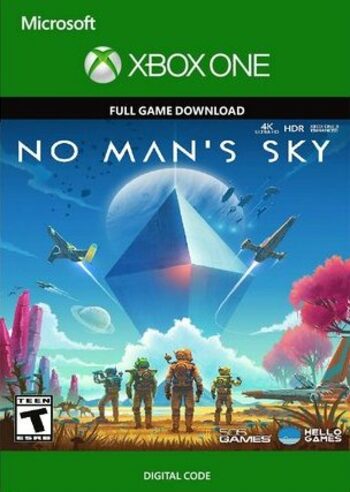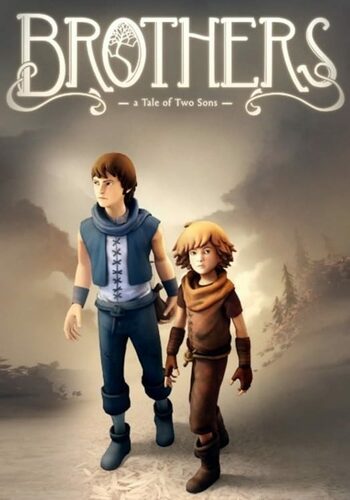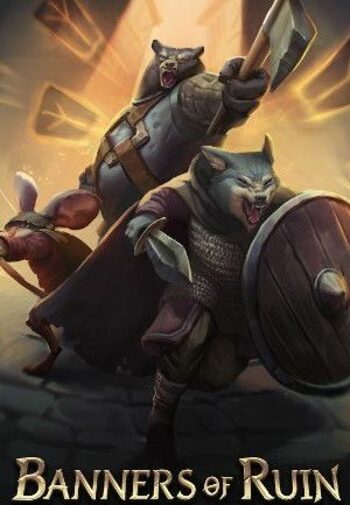- Store
- Categories
- Games
- Indie
Indie games | Indie genre
- Type
- Genres
- Regions
- Clear all
You may also be interested in:
- Xbox Games
- PSN Games
- Games
- Nintendo
- Action
- Adventure
- RPG
- Strategy
- Simulation
- FPS/TPS
- Racing
- Sports
- Platform
- Puzzle
- Fighting
- Point-Click
- Arcade
- Hack Slash
- MMO
- Music Games
- Educational Games
- Singleplayer
- Multiplayer
- Local Co-Op
- Split Screen
- Third Person
- Side Scroller
- Bird View
- Virtual Reality
- Horror
Indie or independent video games are titles that are created by smaller development teams. These titles aren’t published by big companies (hence they don’t have big financial and technical support) and they are usually made with a small budget. Indie video games became more popular about 10 years ago, and this genre is constantly evolving and growing. Every year we witness new and unique titles that sometimes can even surpass big triple-A games in atmosphere and story departments. There are indie titles of various types, such as indie horror games and other types for various platforms. Xbox indie games, PlayStation, and PC indie games – no matter what platform you choose to play on they are all waiting for your attention. Get to know the genre, its best titles, and history.
Features of indie games
Take a look at the most common features of indie games:
- Innovation and experimentation. Thanks to independence and freedom to develop, these types of games usually focus on innovation and experimentation. They are taking risks not often afforded in AAA games.
- Sold through digital distribution. Indie games usually are sold through digital distribution, hence they don’t have publisher support to release retail copies.
- Paying a tribute to old cult classics. More successful titles usually have something in common, and that is paying a tribute to old, classic video games. For example, one of the more well-known games of today, Blasphemous by Game Kitchen (2019), is inspired by a cult-classic game Castlevania: Symphony of the Night by Konami (1997). Another example is Hyper Light Drifter by Heart Machine (2016), which pays a huge homage to classic Zelda (Nintendo) titles. There are more of those examples in the field of the genre.
Why are indie games so popular?
This type of game is often praised for its originality and uniqueness. The freedom of creativity, and not being dependent on big publishers, let indie developers focus on risky features that are usually liked by fans and critics. What’s more, some games tend to pay a tribute to old and classic games, and this is usually well-received by players. If you are one of those people, who want something old but in modern form, then indie games probably should offer something for you.
What indie games should I play?
It doesn't matter if you want something unique and fresh, or if you are a fan of good old video game days, you will find something in a constantly growing indie scene. Take a look at some of the most popular and successful both new and older indie video games:
Best indie games:
- Minecraft. Even your mother knows Minecraft – that’s how popular this best-selling indie title is. Created by Mojang Studios in 2011, Minecraft is a first-person survival game, in which you have to build your home and fight enemies. Minecraft is praised by both children and grown-up players all over the world;
- Cuphead. Created in 2017 by the Studio MDHR, Cuphead pays homage to vintage cartoons. The game is known for its high difficulty and funny characters. It’s a run-and-gun type of game, where the player has to defeat enemies and bosses in colorful levels;
- Hyper Light Drifter. Created in 2016 by Heart Machine, Hyper Light Drifter pays homage to classic Zelda titles. HLD is a top-down dungeon explorer, where the player has to navigate through the levels and defeat enemies in fast combat. Be aware that HLD has almost no text. Hence, the visual side of the game is magnificent. This is one of the more successful pixel-art style games;
- Transistor. Another top-down action game, made in 2014 by Supergiant Games, Transistor is an action and atmosphere-driven adventure. It presents a unique approach toward combat and a good story;
- Blasphemous. A pixel-art style game, made in 2019 by The Game Kitchen, Blasphemous mashes ideas and concepts from Castlevania: Symphony of the Night by Konami and Dark Souls by From Software. This game is especially atmospheric and challenging, yet it includes deep lore and an engaging setting;
- Disco Elysium. If you think that the CRPG genre is dead, then think again, because Disco Elysium, released in 2019 by ZA/UM, is one of the greatest CRPG titles released in years. The game presents a very strange story, which is told by professional voice actors. What you can expect is a unique atmosphere and a lot of talking. If you are a fan of those features, then Disco Elysium is the game for you.
History of indie games
Take a look at a short history of indie games:
- The definition of “indie” in the early 2000s. The term “indie” started to be used only in the early 2000s, but independent games were already made in the '80s and 90s.
- The age of the internet. Yet, the popularity of this genre began with the rise of the internet, since indie titles usually are distributed online, and often they aren’t released physically.
- Game engines. Engines like Unreal and Unity made developing games easier, and these engines are used the most while developing the best indie games of all time.
- Digital video game platforms. The popularity and accessibility of this genre began when digital video game platforms, such as Steam started to emerge. Today, there are a lot of interesting Steam indie games on the market that everyone can enjoy.
- Crowdfunding and Kickstarter. Over time, the concept of crowdfunding became important, since it is the best way for developers to get money for their game if the product is important to players. A lot of now well-known and successful games were financed by Kickstarter. This genre can be seen as an underground scene of the video game industry and who knows what titles we will witness in the future.







